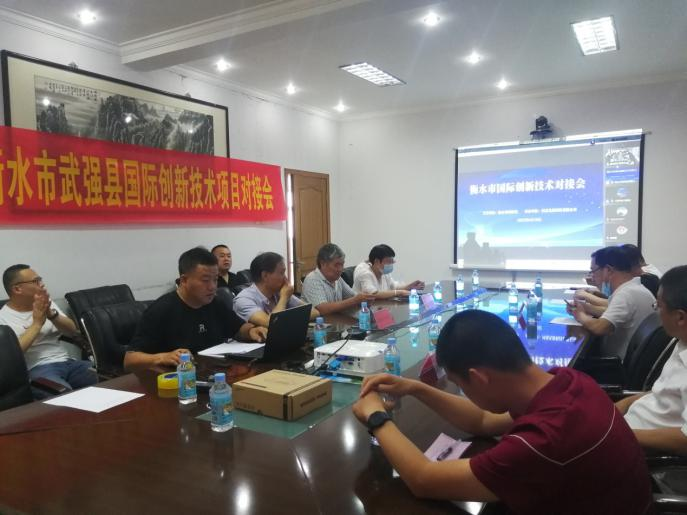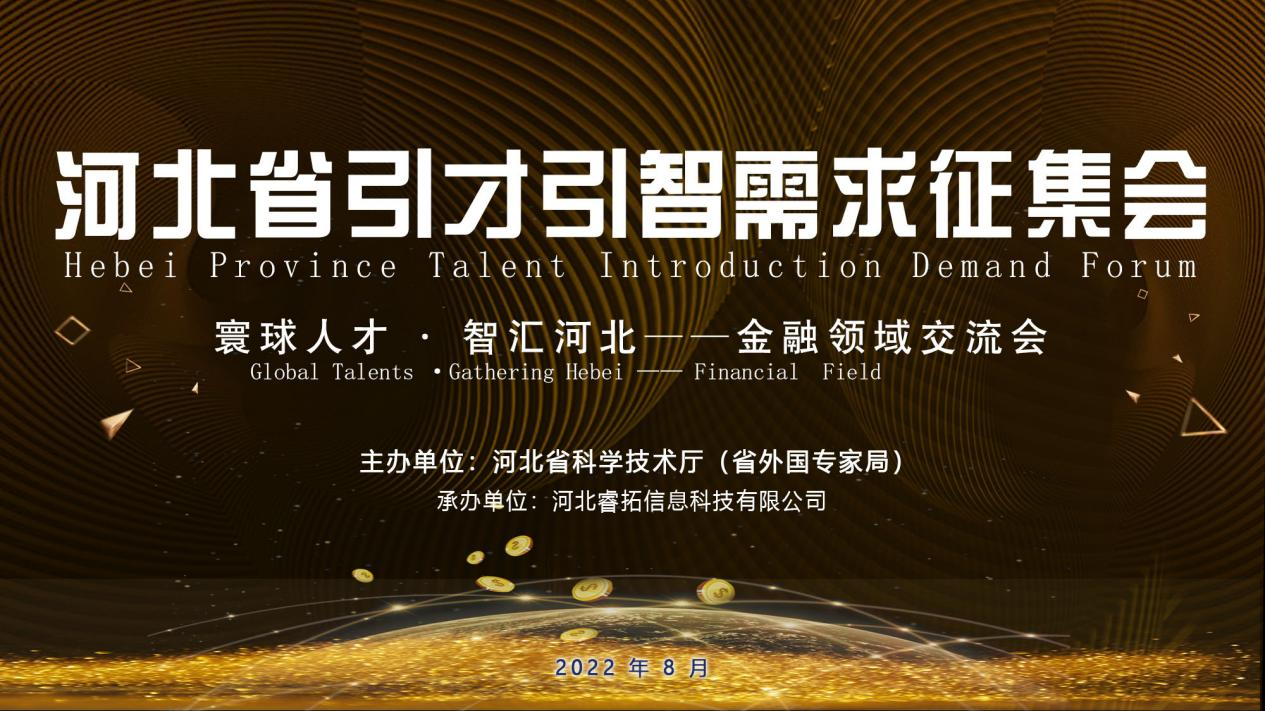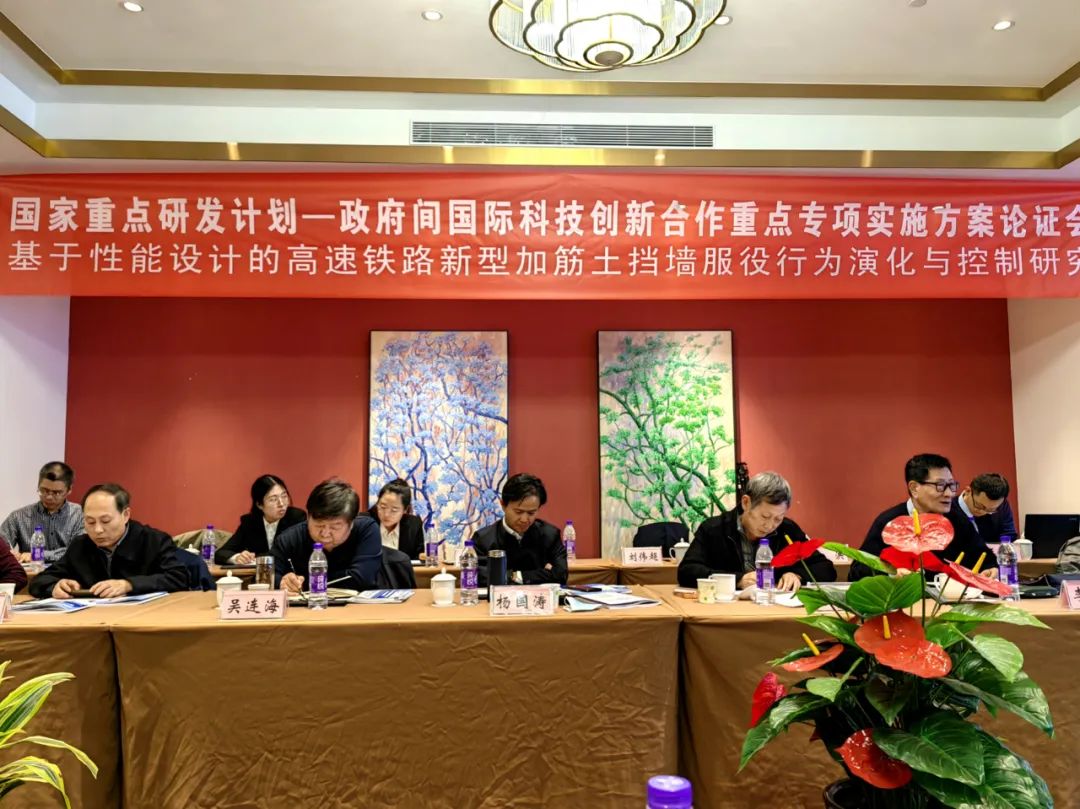On June 14th, the State Council issued the "Overall Plan for Deepening Global Cooperation between Guangdong, Hong Kong, and Macao in Nansha, Guangzhou", proposing to accelerate the deepening of comprehensive cooperation between Guangdong, Hong Kong, and Macao in Nansha, Guangzhou.
Five main tasks
The implementation scope of the "Plan" covers the entire area of Nansha District, Guangzhou, with a total area of approximately 803 square kilometers. According to the construction sequence of point to area and gradual progress, the three blocks of Nansha Bay, Qingsheng Hub, and Nansha Hub in the Nansha area of the China (Guangdong) Pilot Free Trade Zone will be used as the starting areas, with a total area of approximately 23 square kilometers.
The "Plan" deploys the main tasks from five aspects: building a science and technology innovation industry cooperation base, creating a youth entrepreneurship and employment cooperation platform, jointly building a high-level opening up portal, creating a highland for connecting rules and mechanisms, and establishing a high-quality urban development benchmark.
The plan prioritizes the “construction of a scientific and technological innovation industry cooperation base”among the five major tasks. And it is proposed to focus on strengthening Guangdong Hong Kong Macao technology joint innovation, creating major technology innovation platforms, cultivating and developing high-tech industries, and promoting the gathering of international high-end talents.
Reduction of 15% tax rate on corporate income tax for encouraged industrial enterprises in the initial start-up zone
The plan proposes to cultivate and develop high-tech industries.
Develop intelligent manufacturing, accelerate the construction of a batch of intelligent manufacturing platforms, and create an industrial chain of "intelligent manufacturing + intelligent services". Accelerate the construction of an intelligent connected vehicle industrial park, promote the research and industrialization of intelligent pure electric vehicles, strengthen the testing and demonstration of intelligent connected vehicles, and create an intelligent connected vehicle industry chain and intelligent transportation industry cluster. Promote the construction of a specialized robot innovation center, vigorously develop industrial robots and service robots, and promote the development of unmanned system industries such as drones and unmanned boats.
Develop the digital industry, accelerate the construction of the Innovation Center for the Guangdong, Hong Kong, Macao, Greater Bay Area of the Next Generation Internet National Engineering Center, and promote the development of industry application demonstrations for the Internet Protocol Version 6 (IPv6) and next-generation Internet computing services. Give full play to the role of the national IoT public identification management service platform, and promote the agglomeration and development of emerging industries such as IoT and cloud computing. Accelerate the construction of the Nansha (Guangdong, Hong Kong, Macao) data service pilot zone and build an international fiber optic cable landing station.
We will build a national industrial demonstration base for revitalizing the sea through science and technology, promote the research, development and application of technologies for the comprehensive development of combustible ice and marine biological resources, and promote the industrialization of energy technologies such as marine energy power generation equipment and advanced energy storage.
According to the "Plan", the loss carrying forward period will be further extended for enterprises in key high-tech industries in Nansha. For encouraged industrial enterprises in the pilot zone, corporate income tax will be levied at a reduced rate of 15%, and a list of preferential industries will be formulated according to procedures.
Provide more financial support for Hong Kong and Macao research institutions and innovation carriers in Nansha.
The "Plan" specifies the strengthening of Guangdong Hong Kong Macao technology joint innovation. Innovate technology cooperation mechanisms, implement tax policies to support technology innovation imports, encourage the import of relevant scientific research equipment, and allow Hong Kong and Macao research institutions to exempt products and samples required for scientific research, testing, and certification inspections from mandatory product certification.
Promote the deep integration of finance, technology, and industry, explore new business models for innovative technology financial services, and provide more financial support for Hong Kong and Macao research institutions and innovation carriers in Nansha. The plan shows that eligible Hong Kong private equity funds are supported to participate in the financing of Hong Kong funded innovative technology enterprises in Nansha.
Promote the gathering of international high-end talents
Nansha will innovate its talent policy system, implement special support measures for talents from Hong Kong and Macao, and take the lead in breakthroughs in talent introduction, equity incentives, technology investment, professional title evaluation, professional qualification recognition, children's education, commercial medical insurance, and other aspects.
Hong Kong and Macao residents working in Nansha are exempt from the portion of their personal income tax burden that exceeds the tax burden of Hong Kong and Macao. Support Nansha to implement a stronger policy of introducing international high-end talents, and provide convenient entry and residence for international high-end talents.
Implement the model of industry university research cooperation to cultivate innovative talents, accelerate the construction of carriers such as postdoctoral research flow stations, research workstations, and postdoctoral innovation practice bases, and encourage international high-end talents to enter Nansha. Vigorously develop international human resource services, establish an international talent database, build a good human resource service industrial park, and allow qualified international talents who have obtained permanent residency qualifications in mainland China to establish technology-based enterprises and serve as legal representatives of research institutions.
Source: Chinese government website









 冀公网安备 13010402002331号
冀公网安备 13010402002331号